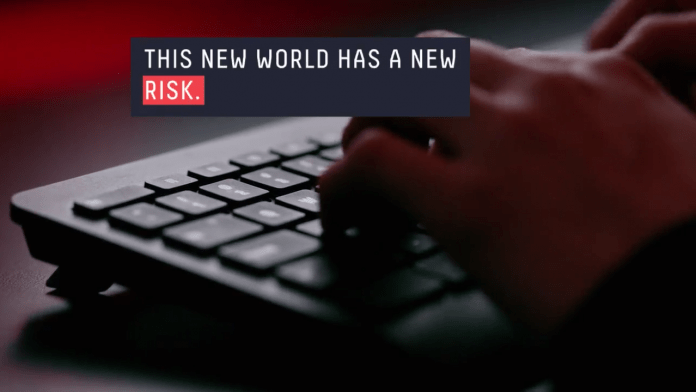Among them are employees of Microsoft, Facebook, Google, and Snapchat, who will be meeting at Twitter’s headquarters. In the meeting, the companies will present their findings, discuss the issues faced, and talk about the possibility of regular meetings. Though Buzzfeed pegs it a ‘secret meeting’, it’s simply a private discussion with over a dozen companies. Due to the sensitive nature of the of the efforts, it would be unwise to share the meeting’s details. Even so, Gleicher’s email gives hints about the talking points. “As I’ve mentioned to several of you over the last few weeks, we have been looking to schedule a follow-on discussion to our industry conversation about information operations, election protection, and the work we are all doing to tackle these challenges,” he allegedly said.
Microsoft and Fancy Bear
WinBuzzer has not seen the email and cannot confirm the authenticity of Buzzfeed’s claims. However, it’s worth meeting that nine of the companies met with the FBI in May to discuss such problems. Several members are also signatories of the Cybersecurity Tech Accord. In particular, the companies would be looking at the influence of Russia and its Internet Research Agency. It’s likely Microsoft would provide more detail about its recent efforts against Russian hacking group Fancy Bear (a.k.a. Strontium). The group is thought to be responsible for attacks on the DNC, German and French Elections, White House, and NATO. Earlier in the week, Microsoft reported its seizure of six domains spoofing the International Republican Institute, Hudson Institute, and Senate. In a closed meeting, the Redmond giant could share more details of the attacks and encourage other tech giants to do similarly. Meanwhile, Facebook has ramped up its effort with hundreds of new employees, and Twitter has been removing accounts linked to Russia and Iran. The companies certainly have enough to talk about, and we await an official confirmation. However, former Facebook security chief Alex Stamos says it may be too late to protect the 2018 elections. “In some ways, the United States has broadcast to the world that it doesn’t take these issues seriously and that any perpetrators of information warfare against the West will get, at most, a slap on the wrist. While this failure has left the U.S. unprepared to protect the 2018 elections, there is still a chance to defend American democracy in 2020,” he said in a blog post.




